When it comes to preparing for a move, there are many materials you should consider packing your belongings in. Bubble wrap vs. packing paper is an age-old dilemma that many have since these are the two most popular choices for protecting smaller items during transportation. Both of these options have their pros and cons, so it can be difficult to decide what’s the most suitable for your needs when planning a move.
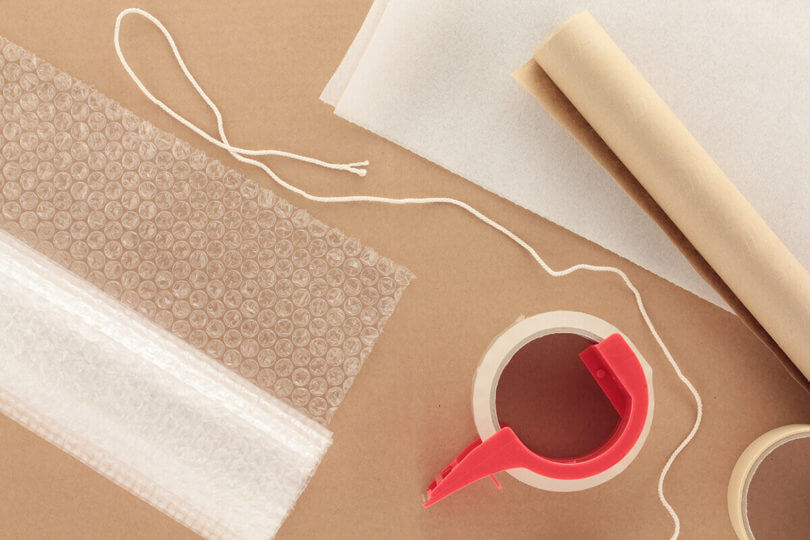

There is no one universally the best material when it comes to protecting different household items and other objects. Different materials suit the same surfaces in different ways, so you need to make smart choices in order to ensure that everything is properly protected. Follow our moving tips, and you’ll learn how to avoid common relocation mistakes and damaging your belongings.
Relocating can be a stressful process, and the last thing you want to worry about is your precious items being damaged while in transit. That’s why it’s important to find the right protective materials before moving your belongings. There are two main options: bubble wrap and packing paper – and both of them have their benefits for relocation. Let’s take a look at each one in more detail!
Bubble wrap is perhaps the most well-known type of packing material out there. It is a plastic sheet with air bubbles that cushion whatever item you want. Bubble wrap is especially great for delicate items, as its air bubbles provide extra protection against bumps that may occur during transport. Furthermore, it can also be used to protect furniture from scratches or dents since its surface won’t damage the furniture like other types of packaging might. Additionally, this material also provides some protection against moisture.
Packing paper is an ideal choice if you need something lighter than bubble wrap but still want some cushioning for your items during transport. It is usually made of recycled materials and comes in sheets or rolls, so you can easily cut it down to the size you need. It can be used for both wrapping and cushioning.
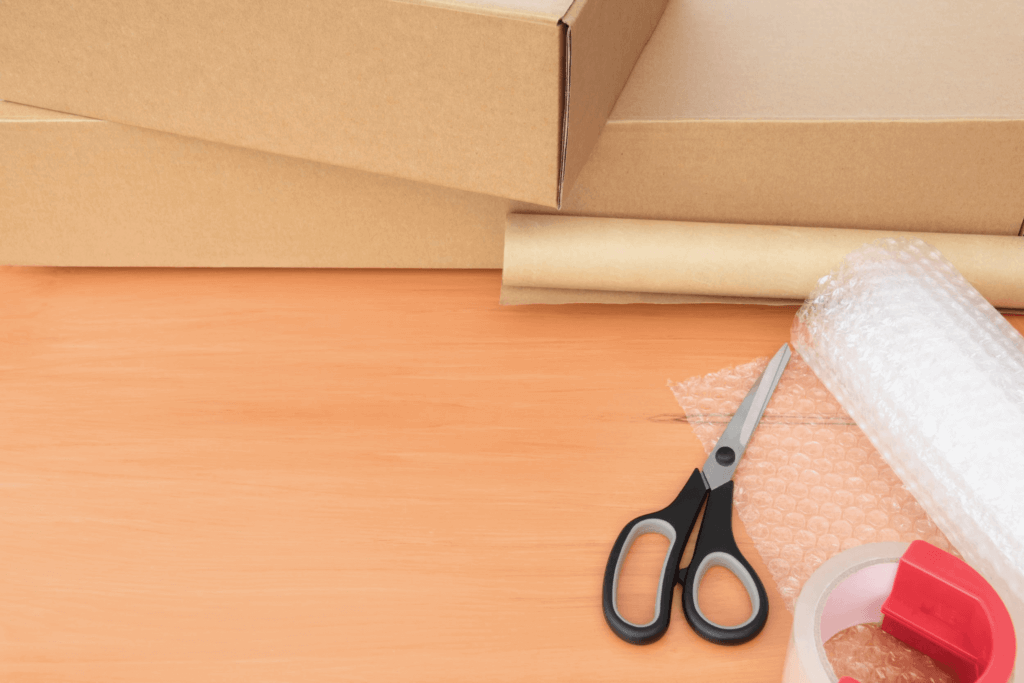
Moving is often stressful, especially if you’re dealing with many fragile items. That’s why it’s important to use the right materials when you pack your belongings for a move, like bubble wrap. This is a versatile material that provides cushioning and shock protection for fragile items during transit. Let’s take a look at the advantages and disadvantages of using bubble wrap when relocating.
The primary benefit of using bubble wrap for moving is its cushioning and protective qualities. Bubble wrap is a thin plastic sheet with thousands of small air bubbles that create an effective buffer between your belongings and whatever bumps or drops they may encounter during transit. Not only does this protect your items from physical damage, but it also helps to absorb any vibrations that could potentially cause damage as well.
In addition, bubble wrap is lightweight, which makes it easy to transport and store in small spaces. Another advantage of using bubble wrap is that it can be reused multiple times before needing to be replaced. If done properly, each piece of bubble wrap can last up to 5 moves before losing its protective cushioning quality. This means you don’t have to purchase new supplies every time you move, just be careful when unpacking.
Although there are many benefits to using bubble wrap for moving, there are some drawbacks as well. One major downside is the price – buying enough bubble wrap for an entire move can quickly add up if you’re not careful about where you buy it and how much you actually need.
Additionally, since most types of bubble wrap are made out of plastic, they are not biodegradable or recyclable once they become too worn out to use again. This means that even though they may be reused multiple times throughout their lifespan, they will eventually need to be disposed of in the trash due to the fact they’re not biodegradable.
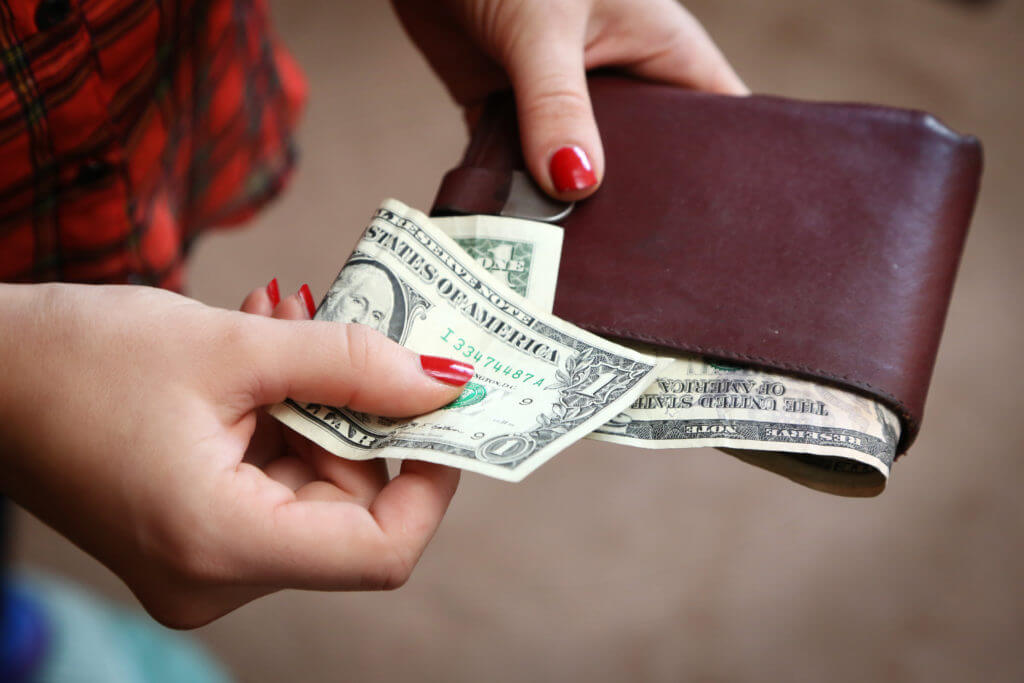
Packing paper is an essential material for making sure your belongings are safe and secure during the move. This is a type of paper that is thick and strong enough to protect items during shipping.
It’s usually made from recycled materials, making it an environmentally friendly option to use when you’re preparing to move. Its strength and thickness make it an ideal choice for wrapping dishes and protecting fragile plates. It’s also great for protecting items in storage in case you plan to rent a storage unit and leave something there.
There are several advantages to using paper when you’re getting ready to move. First, paper is very versatile – it can be used on nearly any item in your home, from dishes to furniture to clothing. Second, it’s cost-effective – you don’t have to spend a lot of money on expensive bubble wrap or foam wrap when you can just use paper instead. Finally, packing paper doesn’t take up a lot of space as you pack away your belongings – it can easily fit between fragile items without taking up extra room in the box or container.
Despite its many advantages, there are some drawbacks to using this material as well. One major disadvantage is that it doesn’t provide much cushioning or shock resistance if the box gets dropped while in transit – for this reason, you’ll want to make sure that your boxes are packed tightly so they won’t move around too much during transport.
Another drawback is that it may not be suitable for all types of items. If something needs more protection than just wrapping with sheets (like when packing electronics), then you’ll want to invest in additional cushioning materials like bubble or foam wraps.
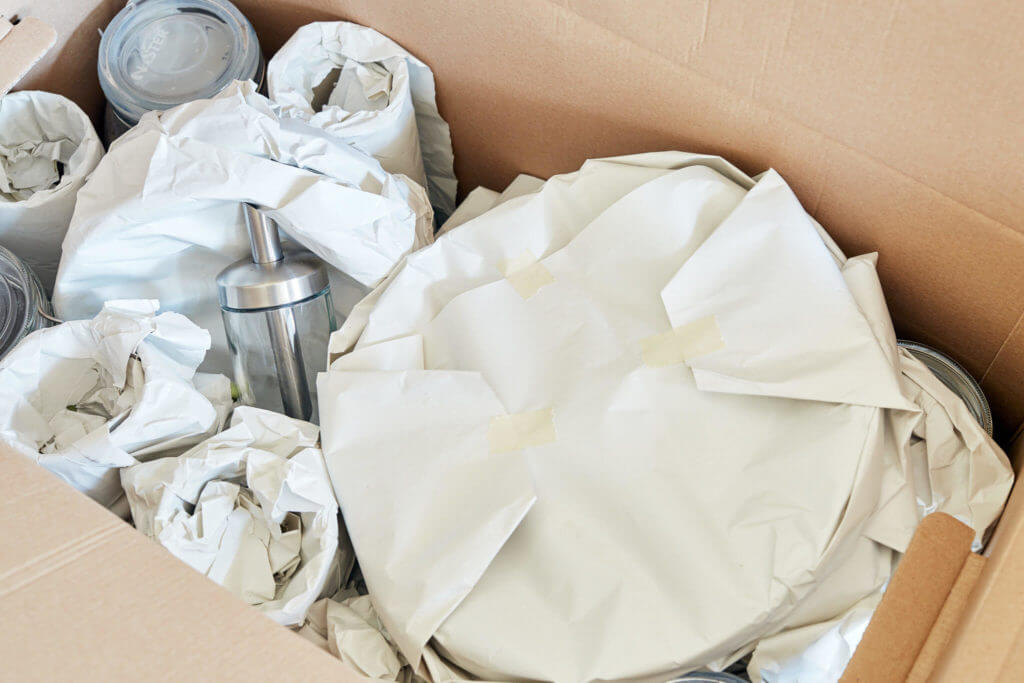
When it comes to protecting your belongings, two main materials are popularly used – bubble wrap and packing paper. But which one should you choose? Let’s take a look at the cost, environmental impact, protective qualities, and suitability of both materials so you can make an informed decision when it comes to wrapping your stuff.
When it comes to prices, paper usually comes out on top. It’s much more affordable than bubble wrap, costing about $2 per roll compared to up to $50 for a large roll of bubble wrap. However, you will likely need more rolls of packing paper than bubble wrap if you want to pack bigger items, as bubble wrap provides better protection due to its cushioning properties. You need to consider these factors if your relocation budget is limited and make a smart decision.
Bubble wrap is made from polyethylene – a type of plastic – which makes it non-biodegradable and not environmentally friendly. Paper is made from recycled material like newspaper clippings or other scrap paper products, making it the more eco-friendly choice in comparison. Although some types of bubble wrap are available with biodegradable liners, these tend to be less effective at cushioning items during transport.
Both bubble wrap and packing paper provide good protection against scratches and dust during transit, but in terms of cushioning against shock absorption, nothing beats bubble wrap. Bubble wrap also provides superior protection against moisture compared to paper which can become damp easily if exposed to rain or snow during transportation.
Bubble wrap is excellent for fragile items such as delicate glasses or even fragile electronics because it provides excellent cushioning that helps protect them from shocks during transport or when in storage. Paper works well for books and other not-so-sensitive items because it can be used in conjunction with tape or straps for extra reinforcement when wrapping bulky objects that need extra protection against breakage or damage. Both materials have their own pros and cons depending on what type of item they are used on, so be sure to consider this when deciding which one is right for you.
Do you still want to explore some other types of packing materials and don’t limit yourself to just these two main opponents? Naturally, there are many other materials on the market, and many of them are environmentally friendly and biodegradable, which in some ways, makes them better. Take a look at these options and decide for yourself if you like them, and explore many ways you can use them to pack and protect your furniture and other fragile belongings.
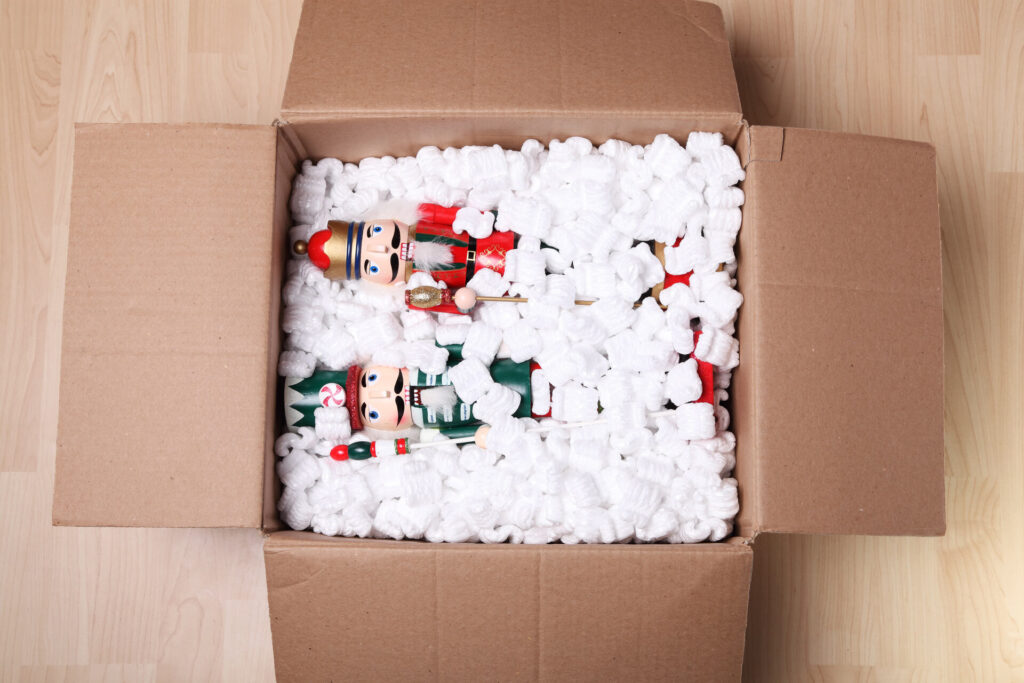
Sustainable packing peanuts were initially developed in the 1990s and are made from natural, starchy ingredients like corn. You can be certain that these biodegradable peanuts genuinely decompose, unlike other types. Simply submerge them in water to see how quickly they disappear while emitting a burnt popcorn-like odor. Purchase a lot of biodegradable peanuts for an inexpensive alternative for light to medium to heavy products.
Although PLA air cushions are inexpensive, practical, and efficient, they are still made of plastic. Even though PLA plastics are advertised as biodegradable, proper breakdown may need industrial settings. There is a kraft paper variant if you want a genuinely green option. Most can be disposed of with paper recycling because they are at least 85% recycled paper.
One of the best ways to ensure that your items stay as safe as possible is by using plastic wrap. This simple, affordable product can provide plenty of protection for your belongings during a move. How to use plastic wrap? Easily. You don’t need any special tools or skills in order to securely seal up boxes and packages with plastic wrap – all you need is a roll, some scissors, and a few minutes! This makes it ideal for those who are short on time or don’t have access to more sophisticated materials like bubble wrap or foam sheets.
People who are relocating have different needs depending on the number of things they need to move and how delicate those items might be. Professional packing services can provide a variety of different options for people in this situation, so it is best to research what type of service would work best for you and your belongings. Depending on planned relocation costs and time frame, hiring cross-country movers and choosing professional long-distance moving services might be the best option. A trustworthy long-distance moving company usually has experience with a wide range of items, including fragile or valuable things, and can help ensure that everything is moved safely to your new address.